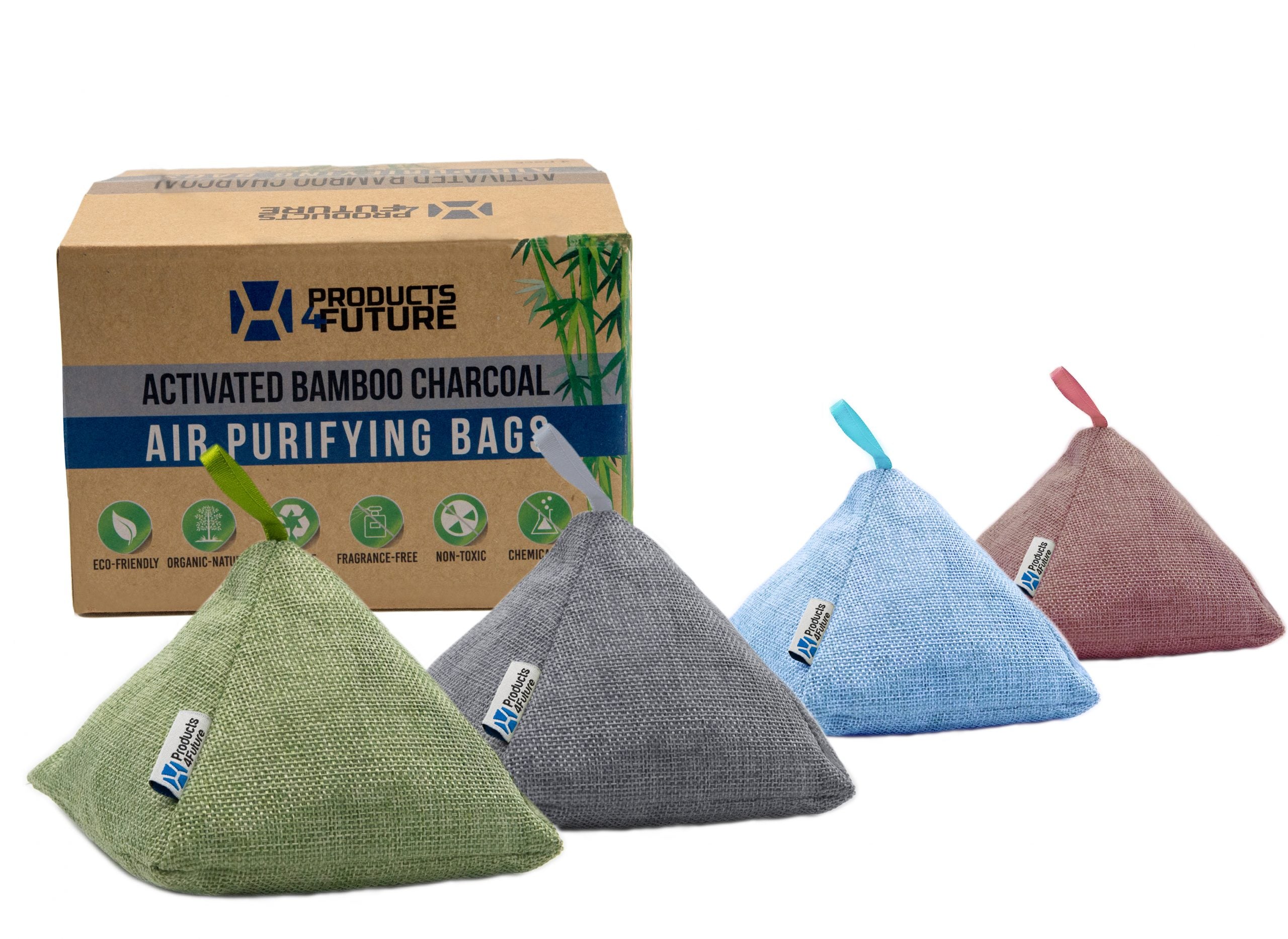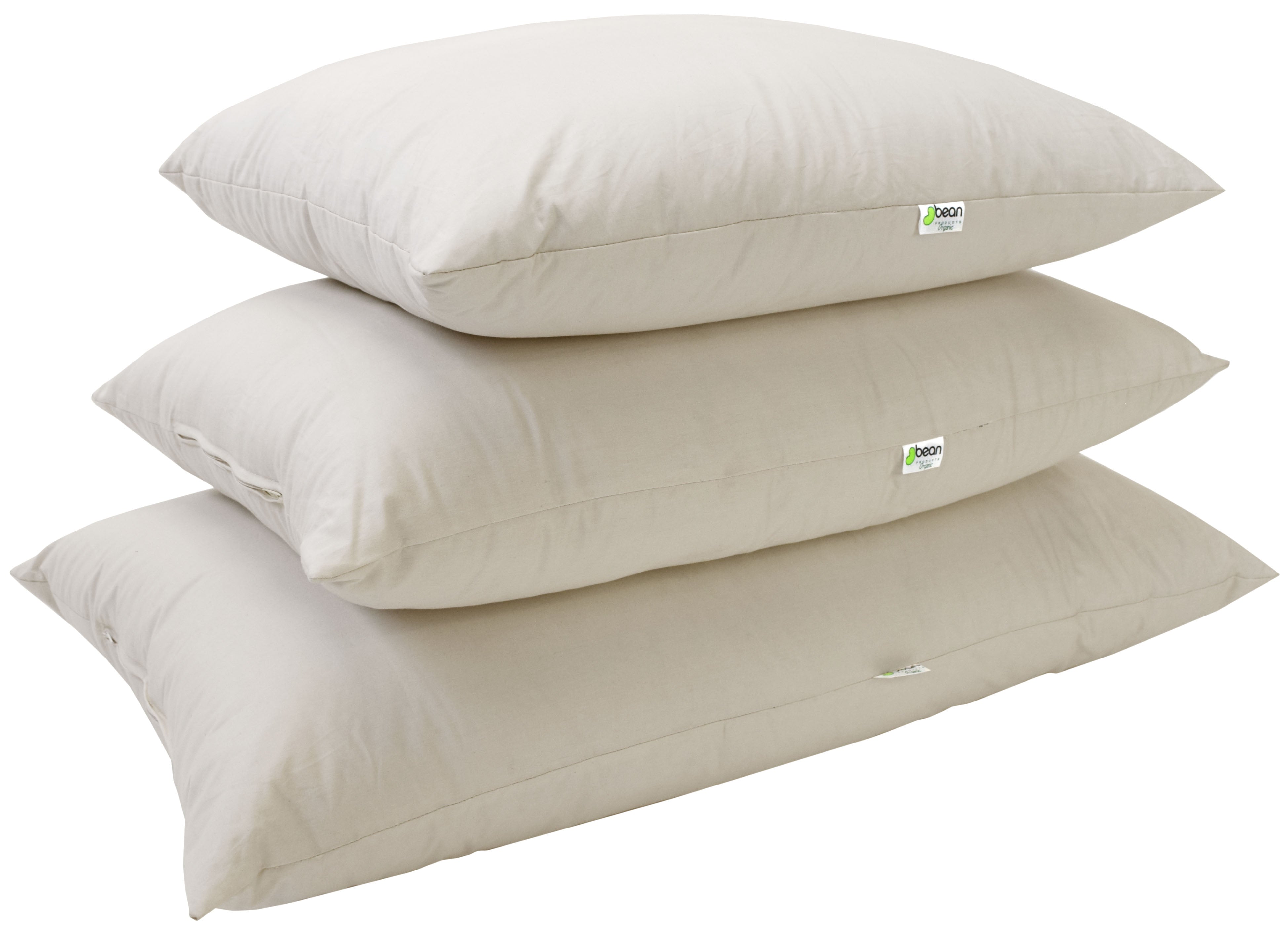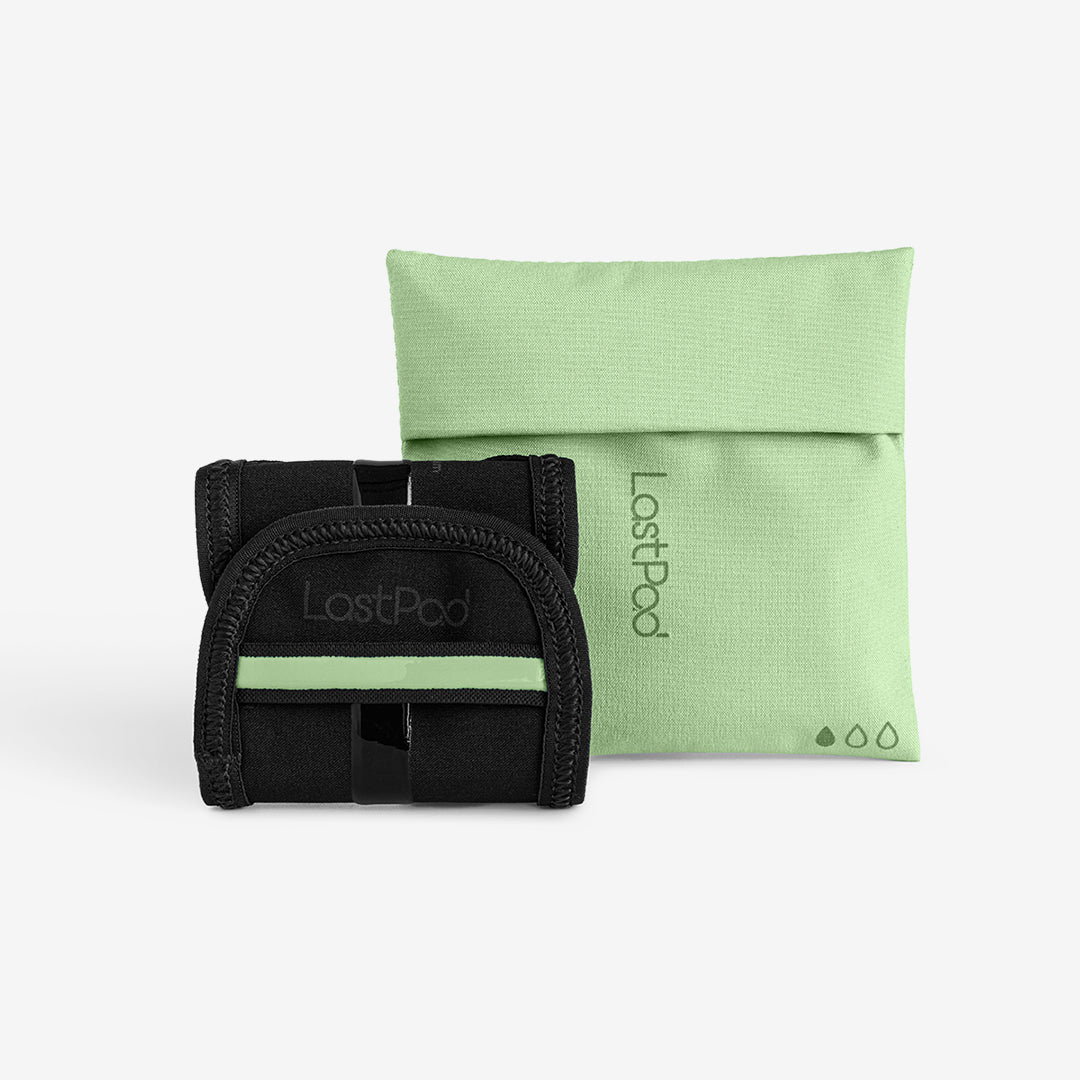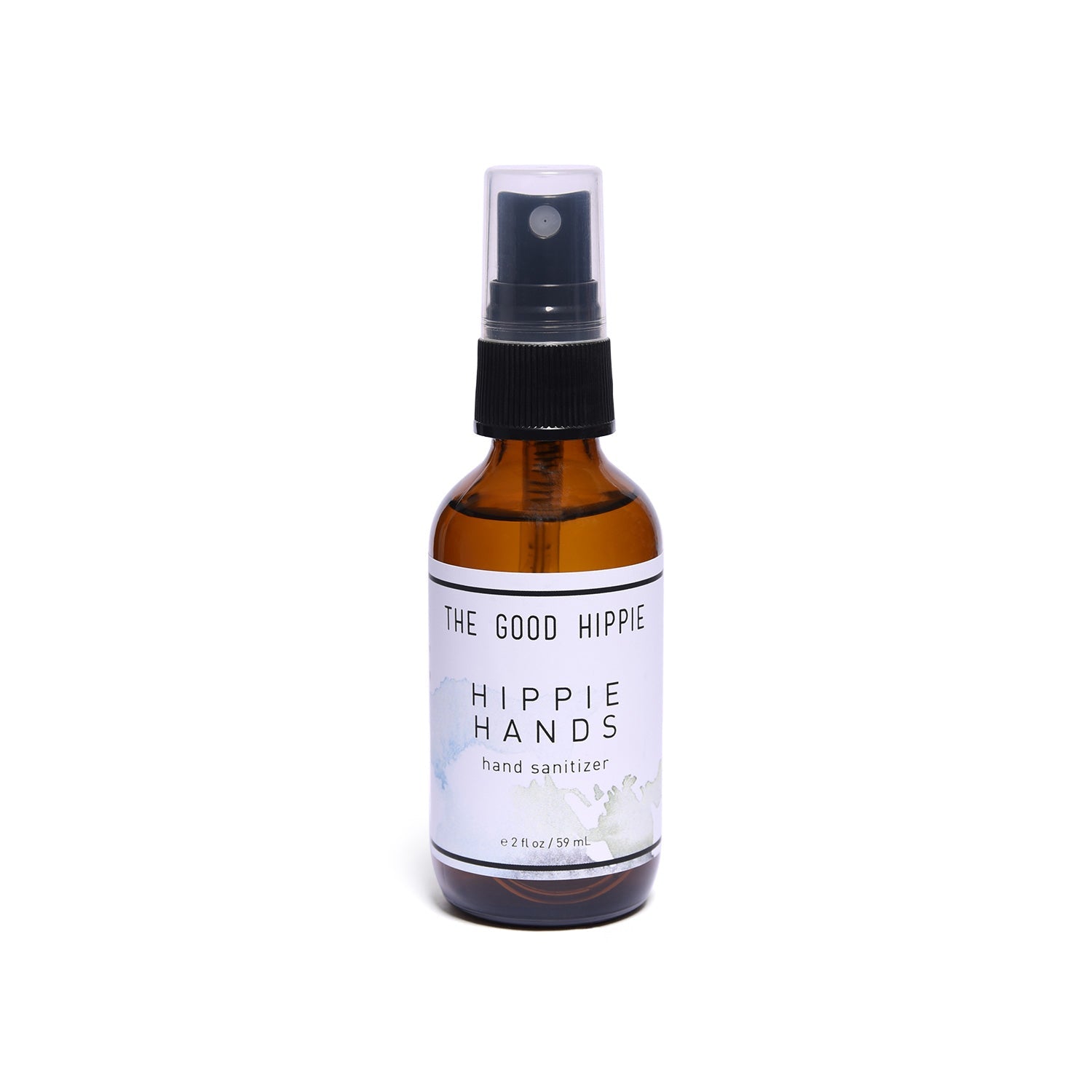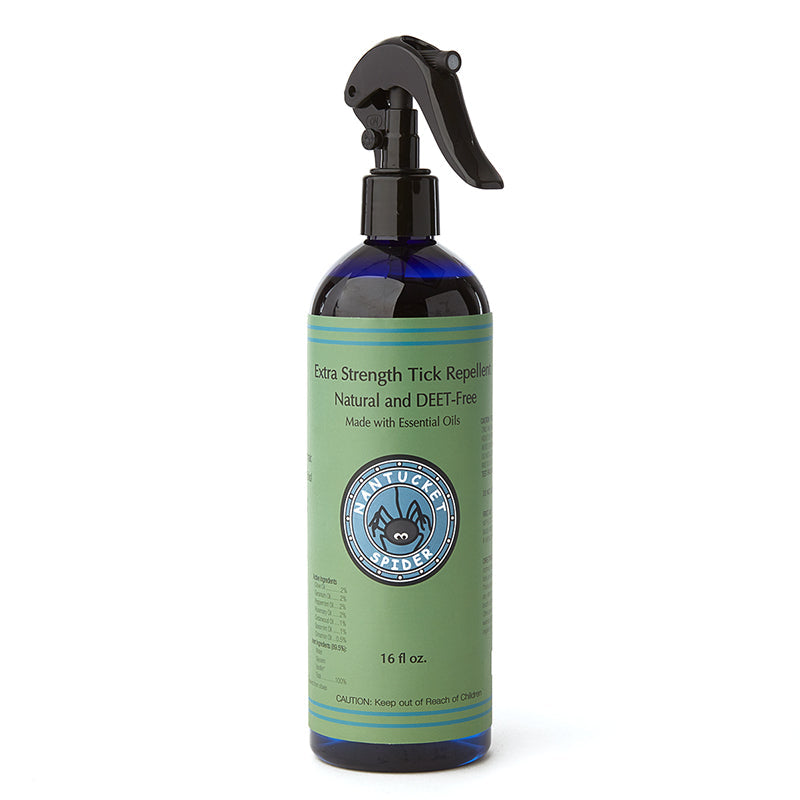

Minimalism is more than just an aesthetic or a trend—it is a conscious choice to simplify life by focusing on what is essential. At its core, minimalism is about stripping away the unnecessary, leaving room for what truly adds value to our lives. This philosophy can be applied to everything from our physical possessions to our relationships and time management.
The minimalist movement has gained significant momentum in recent decades as a response to the overwhelming nature of modern consumer culture. By embracing minimalism, individuals find they can reduce stress, increase their financial savings, and, most importantly, cultivate a more sustainable lifestyle that benefits both themselves and the planet.
The Environmental Impact of Consumerism
Our planet is facing unprecedented environmental challenges, many of which are exacerbated by our current patterns of consumption. The consumer-driven culture promotes acquiring more items, often without regard to the environmental cost of producing, transporting, and disposing of these goods.
Overconsumption leads to a massive waste problem, with landfills overflowing and plastics polluting our oceans. The production processes for many goods also contribute significantly to carbon emissions, deforestation, and the depletion of natural resources. By understanding the direct link between our buying habits and environmental degradation, we can start to make more responsible choices.
The Principles of Minimalism
The principles of minimalism are grounded in the idea of intentional living—making choices that are deliberate and purposeful. Here are some key principles that guide minimalists:
Quality Over Quantity: Instead of accumulating many items of questionable value and durability, minimalists advocate for investing in fewer, higher-quality products that last longer and often have lesser environmental impacts.
Mindfulness in Consumption: This involves pausing to consider why you are making a purchase and how it impacts your life and the environment. It encourages questioning the necessity of each item and considering sustainable alternatives.
Detachment from Material Possessions: Minimalism teaches that our self-worth is not tied to our material possessions. By detaching from physical goods, we can find greater satisfaction in relationships, experiences, and personal growth.
Simplicity: This principle is about reducing excess and clutter, not only in our physical spaces but also in our schedules and minds. Simplifying life can lead to less stress and more clarity.
By understanding and applying these principles, individuals can create a more meaningful and sustainable life. The minimalist approach not only benefits the environment by reducing waste and consumption but also enhances personal well-being by fostering a sense of freedom and purpose.
Benefits of Adopting a Minimalist Lifestyle
Adopting a minimalist lifestyle offers a myriad of benefits that extend beyond personal satisfaction to include significant environmental and economic impacts. Here’s how embracing minimalism can transform lives:
1. Reduced Environmental Impact
Minimalism inherently promotes less consumption of goods. By buying fewer items, you contribute to less waste production and a lower demand for resources needed in manufacturing processes. This reduced demand leads to less deforestation, lower carbon emissions, and a smaller ecological footprint. Minimalism also encourages the reuse and recycling of items, which further diminishes the strain on environmental resources.
2. Enhanced Mental Clarity and Well-being
Clutter isn’t just physical; it clutters our minds too. By reducing the number of items in our homes and lives, minimalism helps decrease stress and anxiety, leading to clearer thinking and improved mental health. With fewer distractions and less to clean, organize, and manage, you gain more space not only in your home but also in your mind for activities that bring joy and relaxation.
3. Financial Savings and Economic Benefits
Minimalism often leads to substantial financial savings. By prioritizing needs over wants, one can significantly cut down on unnecessary expenditures. Less spending means more savings, which can be redirected toward investments, retirement funds, or experiences that enrich life far more than material goods. Moreover, investing in quality over quantity means that the items you do purchase may last longer, reducing the frequency and thus the cost of replacements.
4. Improved Time Management
With fewer possessions to manage and less desire to shop as a pastime, minimalists often find they have more time to invest in what truly matters to them, whether it's spending time with family, pursuing hobbies, or volunteering. This shift in how time is spent can lead to a more fulfilling and purpose-driven life.
5. Promotion of Healthier Habits
A minimalist lifestyle can contribute to healthier living. With more time and less stress, individuals might find it easier to cook healthy meals at home, engage in regular physical activity, and maintain a tidier, more organized living environment, which has been linked to better mental health.
6. Strengthening of Personal Relationships
Without the distractions of excessive possessions and the constant pursuit of the next best thing, minimalists often experience deeper and more meaningful relationships. By valuing experiences over objects, people tend to invest more quality time in their relationships, leading to stronger bonds.
7. Increased Appreciation for What You Have
Minimalism teaches gratitude for the essentials, fostering a sense of satisfaction with what you have rather than an incessant need for more. This mindset can lead to a happier, more content life and a greater appreciation for the simple joys of daily existence.
By embracing a minimalist lifestyle, individuals not only enhance their own lives but also contribute positively to broader societal and environmental challenges. The shift towards minimalism represents a powerful step toward sustainable living, aligning personal values with actions that support the health and well-being of our planet.
Conclusion
Embracing a minimalist lifestyle offers profound benefits that extend well beyond personal space to encompass environmental sustainability, mental clarity, and financial health. By simplifying our lives and reducing our consumption, we not only improve our own well-being but also contribute to a healthier planet. As we continue to navigate the challenges of modern living, adopting minimalism can be a transformative step towards a more meaningful and sustainable existence.
We invite you to explore more about how you can make impactful changes in your daily life by visiting our website. For further inspiration and practical tips on embracing a minimalist lifestyle, check out our detailed articles and resources at Flora Blog. Join us in this fulfilling journey towards a simpler, more sustainable life.
The Benefits of Minimalism and How to Live More Sustainably
Minimalism is more than just an aesthetic or a trend—it is a conscious choice to simplify life by focusing on what is essential. At its core, minimalism is about stripping away the unnecessary, leaving room for what truly adds value to our lives. This philosophy can be applied to everything from our physical possessions to our relationships and time management.
The minimalist movement has gained significant momentum in recent decades as a response to the overwhelming nature of modern consumer culture. By embracing minimalism, individuals find they can reduce stress, increase their financial savings, and, most importantly, cultivate a more sustainable lifestyle that benefits both themselves and the planet.
The Environmental Impact of Consumerism
Our planet is facing unprecedented environmental challenges, many of which are exacerbated by our current patterns of consumption. The consumer-driven culture promotes acquiring more items, often without regard to the environmental cost of producing, transporting, and disposing of these goods.
Overconsumption leads to a massive waste problem, with landfills overflowing and plastics polluting our oceans. The production processes for many goods also contribute significantly to carbon emissions, deforestation, and the depletion of natural resources. By understanding the direct link between our buying habits and environmental degradation, we can start to make more responsible choices.
The Principles of Minimalism
What is Minimalism? (Minimalism Basics Ep. 1)
The principles of minimalism are grounded in the idea of intentional living—making choices that are deliberate and purposeful. Here are some key principles that guide minimalists:
Quality Over Quantity: Instead of accumulating many items of questionable value and durability, minimalists advocate for investing in fewer, higher-quality products that last longer and often have lesser environmental impacts.
Mindfulness in Consumption: This involves pausing to consider why you are making a purchase and how it impacts your life and the environment. It encourages questioning the necessity of each item and considering sustainable alternatives.
Detachment from Material Possessions: Minimalism teaches that our self-worth is not tied to our material possessions. By detaching from physical goods, we can find greater satisfaction in relationships, experiences, and personal growth.
Simplicity: This principle is about reducing excess and clutter, not only in our physical spaces but also in our schedules and minds. Simplifying life can lead to less stress and more clarity.
By understanding and applying these principles, individuals can create a more meaningful and sustainable life. The minimalist approach not only benefits the environment by reducing waste and consumption but also enhances personal well-being by fostering a sense of freedom and purpose.
Benefits of Adopting a Minimalist Lifestyle
Adopting a minimalist lifestyle offers a myriad of benefits that extend beyond personal satisfaction to include significant environmental and economic impacts. Here’s how embracing minimalism can transform lives:
1. Reduced Environmental Impact
Minimalism inherently promotes less consumption of goods. By buying fewer items, you contribute to less waste production and a lower demand for resources needed in manufacturing processes. This reduced demand leads to less deforestation, lower carbon emissions, and a smaller ecological footprint. Minimalism also encourages the reuse and recycling of items, which further diminishes the strain on environmental resources.
2. Enhanced Mental Clarity and Well-being
Clutter isn’t just physical; it clutters our minds too. By reducing the number of items in our homes and lives, minimalism helps decrease stress and anxiety, leading to clearer thinking and improved mental health. With fewer distractions and less to clean, organize, and manage, you gain more space not only in your home but also in your mind for activities that bring joy and relaxation.
3. Financial Savings and Economic Benefits
Minimalism often leads to substantial financial savings. By prioritizing needs over wants, one can significantly cut down on unnecessary expenditures. Less spending means more savings, which can be redirected toward investments, retirement funds, or experiences that enrich life far more than material goods. Moreover, investing in quality over quantity means that the items you do purchase may last longer, reducing the frequency and thus the cost of replacements.
4. Improved Time Management
With fewer possessions to manage and less desire to shop as a pastime, minimalists often find they have more time to invest in what truly matters to them, whether it's spending time with family, pursuing hobbies, or volunteering. This shift in how time is spent can lead to a more fulfilling and purpose-driven life.
5. Promotion of Healthier Habits
A minimalist lifestyle can contribute to healthier living. With more time and less stress, individuals might find it easier to cook healthy meals at home, engage in regular physical activity, and maintain a tidier, more organized living environment, which has been linked to better mental health.
6. Strengthening of Personal Relationships
Without the distractions of excessive possessions and the constant pursuit of the next best thing, minimalists often experience deeper and more meaningful relationships. By valuing experiences over objects, people tend to invest more quality time in their relationships, leading to stronger bonds.
7. Increased Appreciation for What You Have
Minimalism teaches gratitude for the essentials, fostering a sense of satisfaction with what you have rather than an incessant need for more. This mindset can lead to a happier, more content life and a greater appreciation for the simple joys of daily existence.
By embracing a minimalist lifestyle, individuals not only enhance their own lives but also contribute positively to broader societal and environmental challenges. The shift towards minimalism represents a powerful step toward sustainable living, aligning personal values with actions that support the health and well-being of our planet.
Conclusion
Embracing a minimalist lifestyle offers profound benefits that extend well beyond personal space to encompass environmental sustainability, mental clarity, and financial health. By simplifying our lives and reducing our consumption, we not only improve our own well-being but also contribute to a healthier planet. As we continue to navigate the challenges of modern living, adopting minimalism can be a transformative step towards a more meaningful and sustainable existence.
We invite you to explore more about how you can make impactful changes in your daily life by visiting our website. For further inspiration and practical tips on embracing a minimalist lifestyle, check out our detailed articles and resources at Flora Blog. Join us in this fulfilling journey towards a simpler, more sustainable life.
Daily deals
See All ProductsBest Sellers
Most Popular
Explore and shop the most popular products. Updated frequently!




